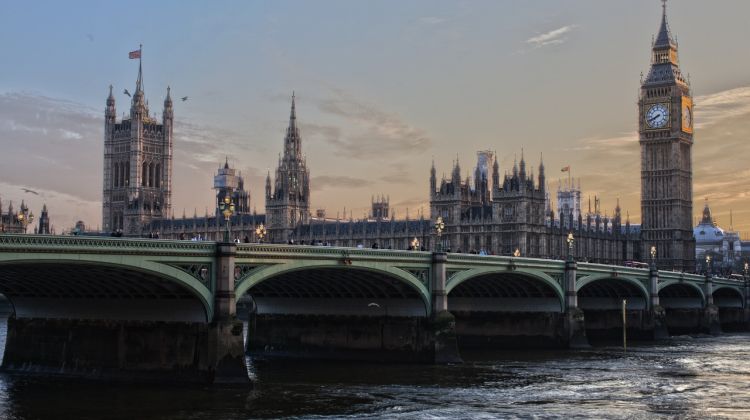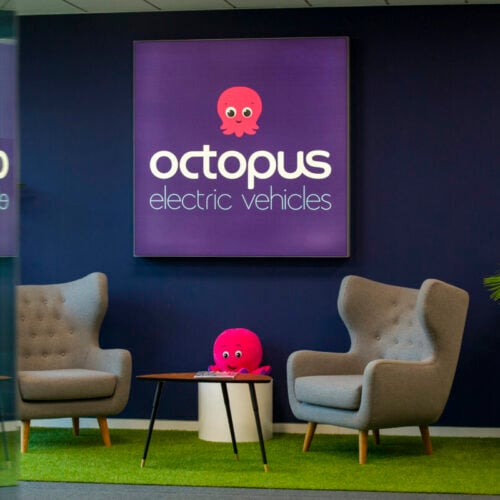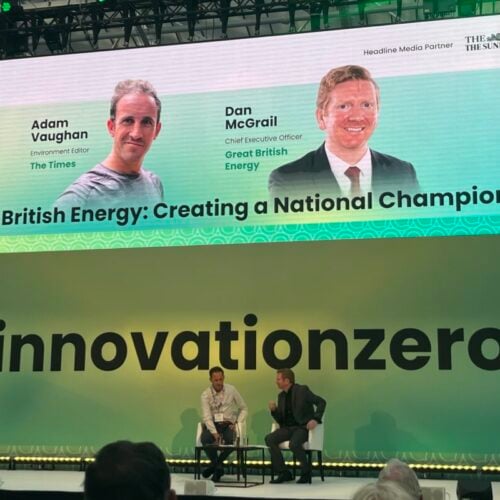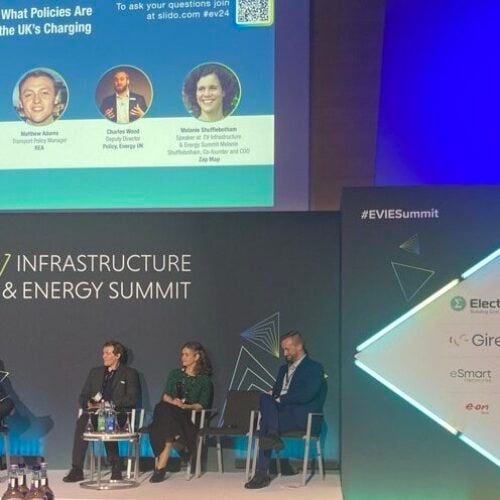The UK Government has held its first-ever Net Zero Council as it aims to support the country in decarbonising.
The Council, co-chaired by Energy Minister Graham Start and Coop Group CEO Shirine Khoury-Haq, aims to explore several possible routes to cut emissions via input from energy companies, leading banks and finance firms.
The introduction of financial firms also enables the government to explore potentially lucrative opportunities that can be accessed via transitioning towards a green economy. The government confirmed that Siemens, SSE, HSBC and NatWest as well as Lloyds of London are among those on the Council.
The primary objectives of the Council include:
- Working to ensure sectors and companies have a pathway to net zero, including looking at the barriers and connections across sectors.
- Leading a systematic review of the financing challenges and the respective roles of government, industry and the financial sector in addressing them.
- Identifying key challenges facing SMEs up and down the country in reducing their carbon footprints and supporting their transition with new information and advice.
“Tackling emissions can make businesses more energy efficient, improve UK energy security and, in turn, cut costs. It can open up opportunities to export UK developed solutions around the world, expand UK market share and create jobs,” said Graham Stuart.
“The UK has cut its emissions more than any other major economy and the Net Zero Council – meeting today for the first time – will ensure that leaders of UK businesses can help guide government and vice versa so that our environmental leadership translates into economic advantage.
“The Net Zero Council includes some of the most senior business and finance leaders in the country. I am grateful that such extraordinary people are prepared to contribute their knowledge, experience and talent for the benefit of both this country and future generations.”
The Council gathering comes at a time when a Business, Energy and Industrial Strategy (BEIS) Committee said that the UK’s target of attaining a decarbonised power system by 2035 is in jeopardy.
According to the report Decarbonisation of the power sector, a suite of policy and regulatory barriers are blocking progress to achieve this target in addition to an absence of an overarching delivery plan and lack of ownership over the whole system costs.
A crucial issue for the UK’s decarbonised power system target is retaining investment in low-carbon energy with the Committee identifying that the UK has become “less attractive” in the global race.
This echoes the thoughts of Tim Pick, the UK’s first Offshore Wind Champion, who recently called on the UK government to mobilise investment in supply chains to reduce grid constraints and compete with the US Inflation Reduction Act (IRA) and EU’s Green Deal Industrial Plan.
To ensure the UK becomes a more attractive market to invest in for low-carbon energy, the Committee believes that the UK must “review the competitiveness of fiscal incentives offered to encourage investment in low-carbon energy projects, the government should consider providing a more tailored response in the capital allowance regime for the sector.”






